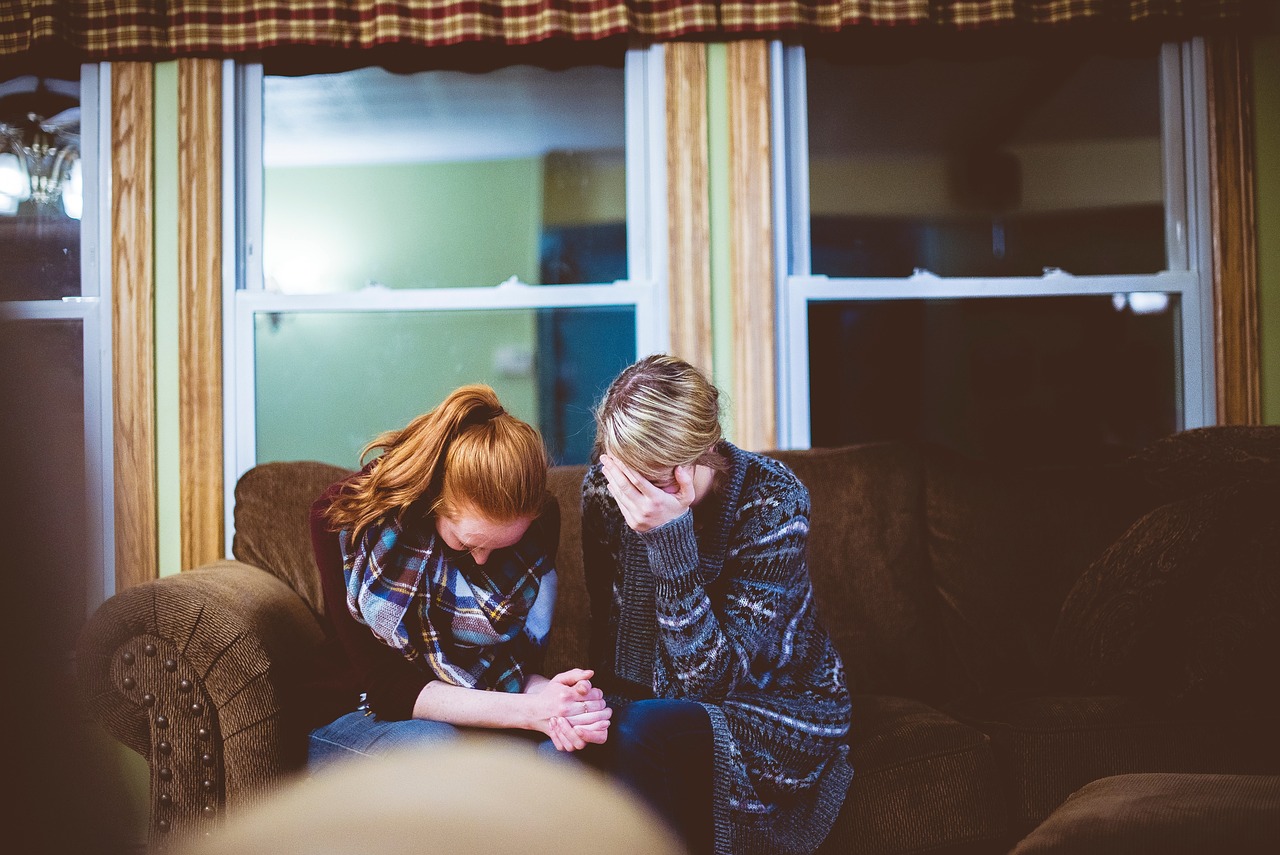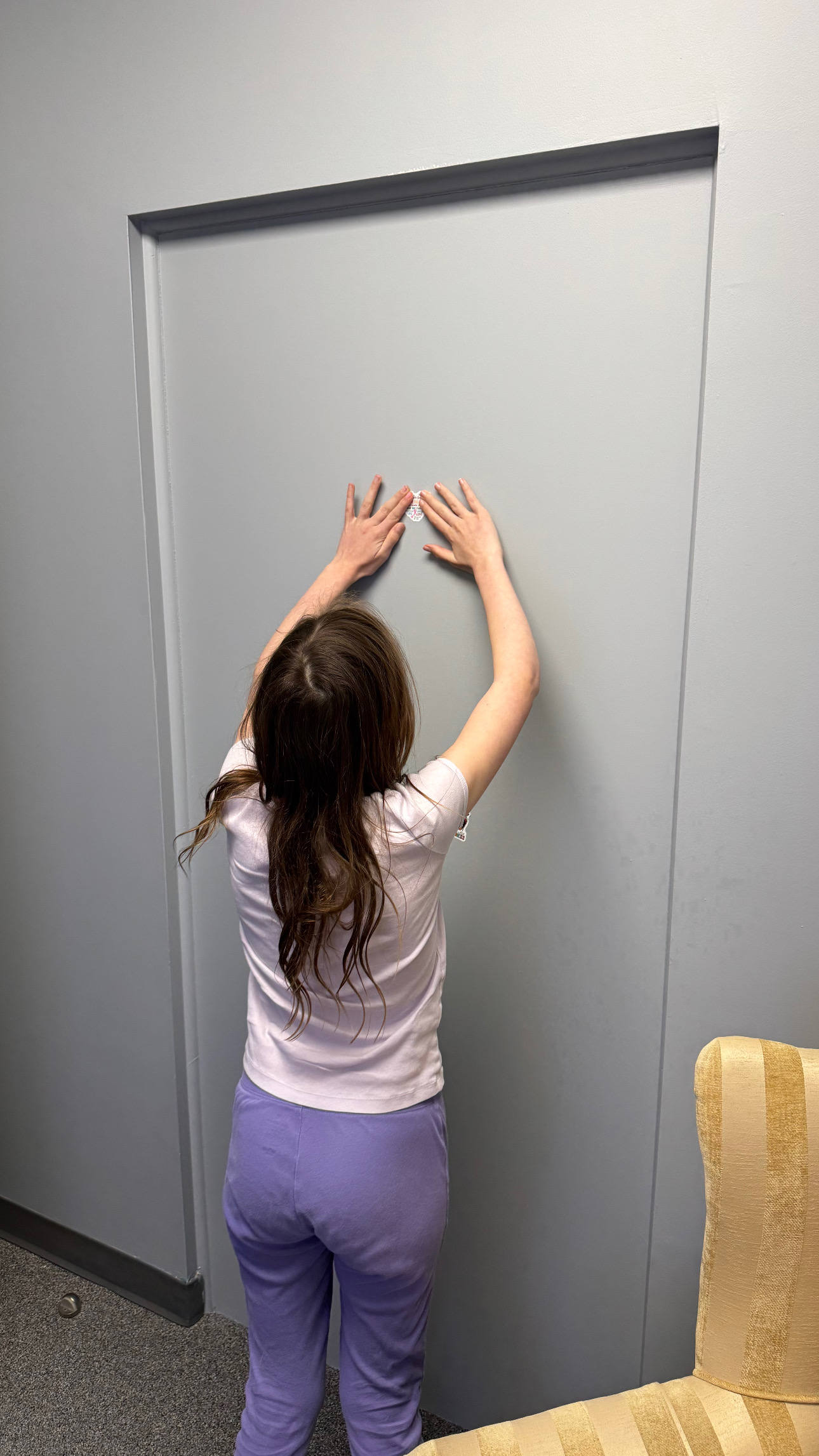Book Now
Menu
Adoption is often seen as a journey filled with love, hope, and new beginnings. However, it's essential to recognize that this journey also brings complex emotions and experiences for many. Adoption trauma is a reality faced by many adoptees, and it's important to shed light on this often-overlooked aspect of adoption.
Adoption trauma refers to the emotional and psychological impact of being separated from one’s birth parents and biological family. This trauma doesn't necessarily stem from the adoptive family but arises from the loss experienced at a very young age, often at birth. The disruption of the primal bond between a child and their birth mother can have lasting effects, influencing identity, attachment, and mental health.
On August 30th, I will be celebrating over 40 years as part of my adoptive family. While this milestone is significant, it comes with mixed emotions. Like any family, the narrative is complex, but that’s not the focus here. Adoption trauma, in my case, centers on the deep-rooted pain that emerged from being separated from my birth mother and biological family. All connections and ties were severed at a young age.
Some might wonder how such trauma can be felt at birth or in early childhood. As Gabor Maté explains, “Trauma is not what happens to you. It’s what happens inside you as a result of what happens to you.” This internal experience can manifest in profound ways, even if the trauma itself isn't immediately visible.
When I arrived in Canada in the 1970s, I was a lighter-skinned brown girl in a school where no one else looked like me. Watching Sesame Street, I felt a sense of recognition when I saw Buffy Sainte-Marie. I was obsessed with Jodie from Today’s Special and had a poster of Michael Jackson on my wall. Constantly searching for anyone who vaguely resembled me, I found that representation was absent from my everyday life. This lack of visibility deepened my feelings of isolation and intensified my desperate need to belong.
For BIPOC adoptees, adoption trauma can be further compounded by growing up in environments where they may not see themselves reflected. This lack of representation can lead to feelings of isolation and a deep sense of not belonging.
Adoption trauma can manifest in various ways throughout life. Many adoptees struggle with setting boundaries, people-pleasing, and developing a strong sense of self. The ongoing struggle for identity and belonging can lead to detachment from one’s body, trust issues, and even addiction or poor mental health, often due to the absence of awareness about family history.
Therapy offers a supportive space to explore these deep-rooted issues, providing tools to rebuild a sense of self and address the unique challenges of adoption trauma. For adoptees grappling with these challenges, healing is possible. Therapy can guide you through the complexities of adoption trauma, helping you reclaim your identity and move forward with confidence.
If you or someone you know is struggling with the effects of adoption trauma, you don't have to face it alone. At Embodied Resilience, we specialize in supporting adoptees through their healing process. Contact Shaneen today to schedule a consultation and take the first step toward reclaiming your identity and finding peace.



